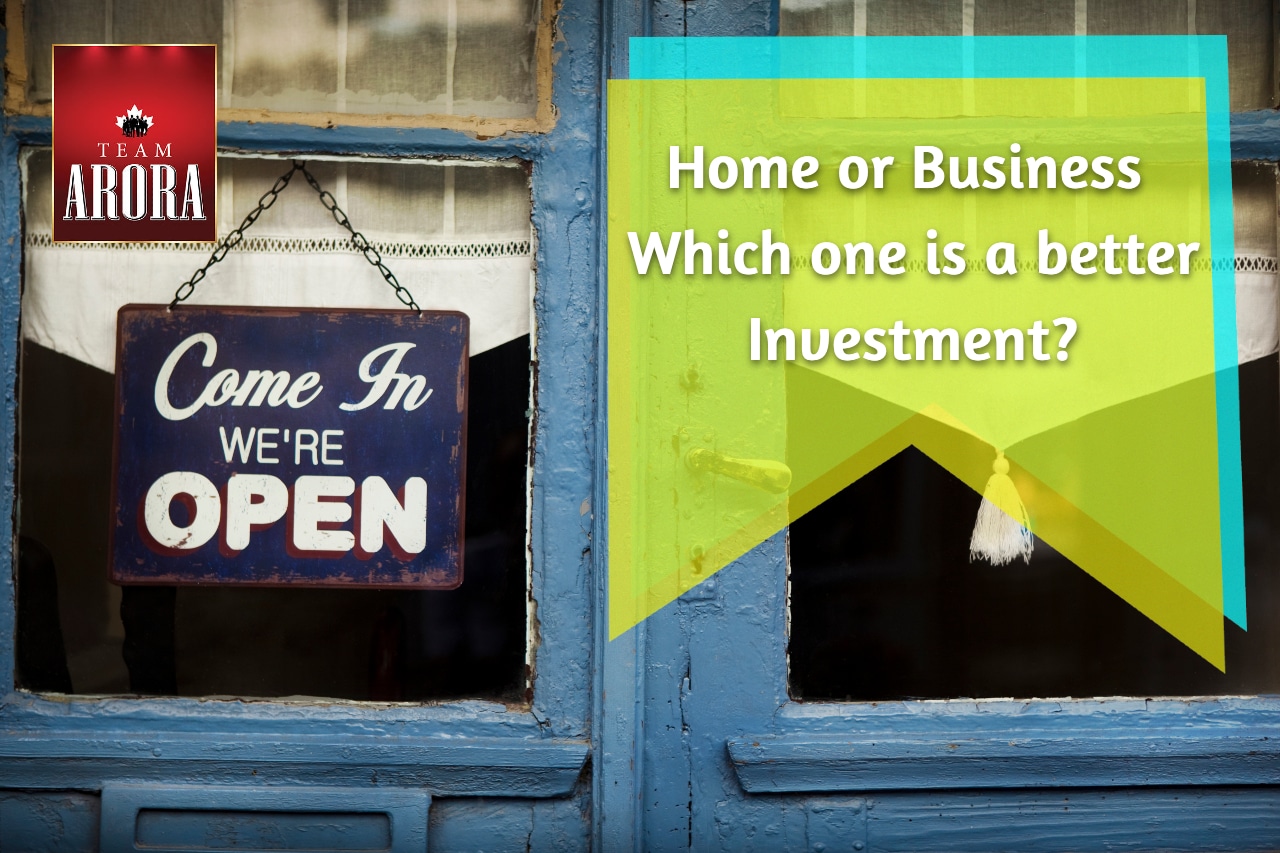Owning your own business comes with unlimited earnings potential, but it may not be as safe or yield as much money as investing in property. If you’re in the fortunate position to be sitting on money in the bank, perhaps you’re wondering what you should do with it to see the best return on investment. The move you could make your money go further and the pros and cons of buying into a franchise or privately-owned business, and how that compares to putting that money into the property market.
Buying Home as Personal Assets
Personal assets are things of present or future value owned by an individual or household. Common examples of personal assets include:
- Checking, savings, and money market accounts, physical cash.
- Property or land and any structure that is permanently attached to it
- Personal property—boats, collectibles, household furnishings, jewelry, and vehicles
- Investments—annuities, bonds, the cash value of life insurance policies, mutual funds, pensions, retirement plans and stocks
Total net worth is calculated by subtracting current liabilities from total assets. Essentially, the assets are everything someone owns, and the liabilities are everything that needs to be paid back. A positive net worth indicates that the assets are greater in value than the liabilities; a negative net worth signifies that the liabilities exceed the total assets
Investing in Business as Business Assets
For companies, assets are things of value that sustain production and growth. For a business, assets can include machines, property, raw materials, and inventory—as well as intangibles such as patents, royalties, and other intellectual property. The balance sheet provides a snapshot of how well a company’s management is using its resources.
Owning a Business Vs Buying House
Homeownership and business ownership each come with various costs, risks, and potential rewards. Be sure to analyze how each option would fit into your finances and consider speaking to a financial advisor. The following factors can be considered for both life-changing decision
- Down payment and mortgage: In many cases, down payment and mortgage expenses can be substantial, especially in a competitive real estate market.
- Startup costs: In some cases, it costs less money to launch your own business than to buy a house first. This may be especially true if you’re launching a small business or an online business.
- Short-term profitability: In the short term, it may be challenging to turn a profit from a new business. Business ventures often require time to establish a customer base and generate a consistent income. This period of uncertainty can be financially challenging. While it will also take time for your home to appreciate.
- Debt and financing: If you’re considering a mortgage, you’ll likely be taking on a significant amount of debt. Similarly, starting a business might involve loans or financing. Assess your willingness and capacity to manage
Purchasing residential property is generally considered a safe investment. That’s because real estate investing has a history of long-term value growth, and residential properties are tangible and appreciating assets. The housing market is less volatile than many other investment options, which can provide a sense of security if you have a lower risk tolerance. Starting a business, however, involves higher risks. When you launch a business, you’re essentially gambling on yourself and your entrepreneurial abilities. The success of the business is closely tied to your decision-making and the market’s response to your products or services.
Conclusion
Owning a home and starting a business can both be fantastic next steps in your financial journey. However, as with all big goals, you may need some additional capital to get started. When you’re considering whether to buy a house or start a business first, you’re better off building your business first and buying the home after you’re sure you want to be rooted somewhere.

